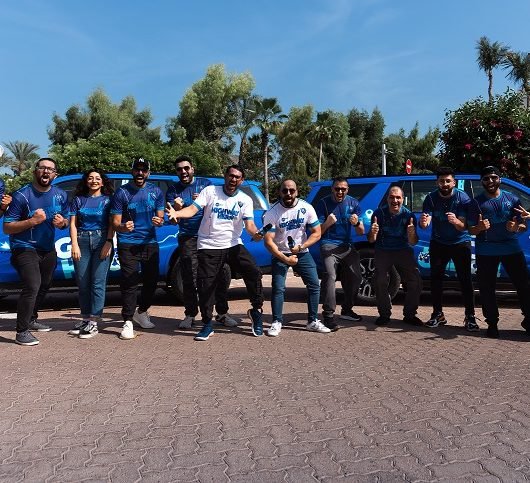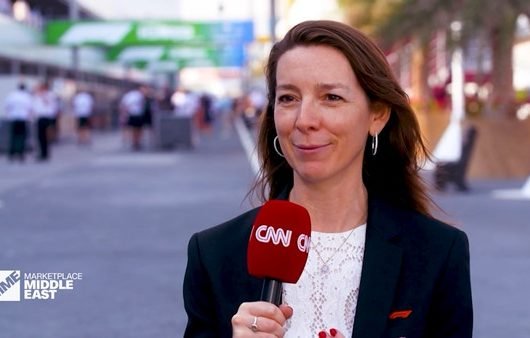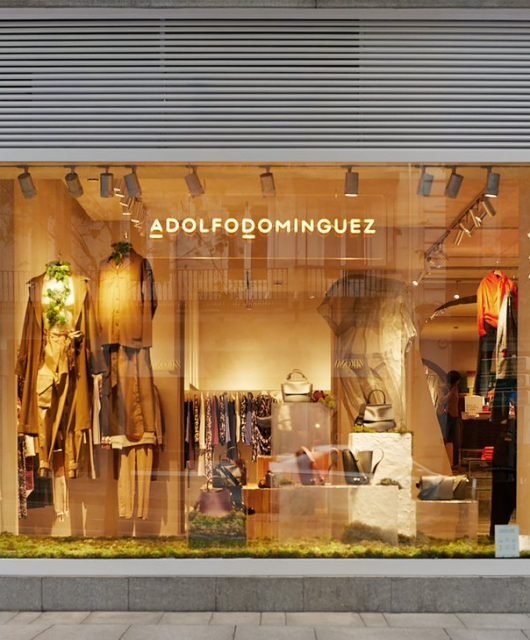SEO Won’t Die, But It Will Change, By Publicis Groupe’s Maekail Bawkher
Since 2012, Google has launched several search features such as the Knowledge Graph, Featured Snippets, People Also Ask, and more, which were designed to integrate information from multiple sources and display answers to users directly in the Search Engine Results Screen (SERP) without them ever needing to navigate the ‘Top 10 Organic Search Positions’ and land on a specific website. Search is a constantly evolving battlefield, however, and it is one that compels SEO Professionals to stay flexible in their efforts to maintain top-of-first-page Search Visibility

What is the Zero-Click Future?
Gradually, Google introduced new Organic search features, which led many SEO Thought-leaders to anticipate a ‘Zero Click Future,’ which hit the SEO mainstream in 2018. At the time, several major SEO publications discussed how new features such as ‘Rich Cards’ began dominating search results pages and pushing traditional Organic listings off page 1. AWR’s CTR tool shows that additional search features affect the Click Through Rate (CTR) for Position 1 since a fall to Position 2 causes a decline in CTR by 79% (41.76% to 8.68%).
What are Blended Results?
To help Search Professionals measure how these new features contributed to Search Visibility, several tools such as Ahrefs and BrightEdge adapted to Google’s introduction of ‘Universal Search.’ This Google Update integrated the ‘Top 10 Organic Search Positions’ with results from different indexes, such as images, videos, maps, news, etc., into a single unified search experience. These tools enabled monitoring and tracking of the benefits of acquiring top-of-page search features.
What are Featured Snippets?
“Featured Snippets are short snippets of text that appear at the top of Google’s search results to quickly answer a searcher’s query.” They appear prominently on the first page of Organic Search Results, often above the fold.
Google providing answers directly in search results using Featured Snippets was particularly strong during the world cup whenever one looked up scores during the recent 2022 World Cup, team fixture and match scores would appear at the top position (even above fifa.com) and would live-update.
People Also Ask
“People Also Ask (PAA) is a Google SERP feature that provides users with additional questions related to their original search query and quick answers to them. Generally, each question in the People Also Asks section contains a featured snippet for that query”.
The questions in the ‘People Also Ask’ section are selected by how frequently users in relation to the search query ask them. Google’s algorithm chooses the answers displayed based on how closely aligned a landing page’s body content answers the given question. Each time a user Clicks a question, additional questions and answers appear; seemingly, the list of questions generated seems infinite.
Google Maps & Google Business Profiles
Google Business Profiles is the platform that enables business owners to represent their business on Google Maps and Google Search, allowing them to connect with visitors and potential customers. All physical Brick & mortar businesses, whether retail outlets, restaurants, hospitality providers, or tourist attractions, can benefit from maintaining a presence on Google Maps via Google Business Profiles. More recently, in 2022, Google enhanced the chat function to allow business owners to interact with their customers via automated answers for frequently asked questions, shortening their purchasing journey.
What is ‘Google Things to Do’? How does ‘Google Things to Do’ change my holiday search?
‘Google Thing to Do’ is another Google platform that targets travel-related search queries such as ‘things to do in New York’ etc. It uses a unique interface that integrates the business information in Google Business Profiles, and Wikipedia data, with the added ability for users to compare prices and make a booking via a provider of their choice.
Businesses in the Hospitality and Attractions sectors can enhance their visibility further by tying their Google Business Profiles activities with a Metasearch tech partner to gain a presence in Google Things to Do. The aim is to help prospective holidaymakers confidently plan and book their holidays. With ‘Things to Do,’ Google is exploring new ways to leverage the wealth of data gathered via Google Business Profiles by integrating it with Wikipedia and repackaging with a high visibility Organic Search Position.
Why is integrating Paid Search and Organic Search into a single approach important?
One Search area that has always maintained above-the-fold visibility on a Search Results page is the Sponsored section occupied by Paid Search Ads, which use an auction-based pay-per-click model (PPC) to bid on keywords for visibility.
By combining both channels into a unified strategy, PPC and SEO can leverage each other’s strengths while mitigating their weaknesses. SEO attempts to use best practices to align a website with Google’s guidelines which can improve the Quality score and offset cost-per-click; however, search engines may take months to reward this with improved Organic Visibility. Paid Search campaigns, on the other hand, can provide helpful real-world keyword performance data minutes after launching a campaign.
What is the Google MUM Update? How will Google MUM change Search? What is Google’s Search Generative Experience?
Announced in mid-2021, MUM (Multitask User Model) is Google Search’s next evolution following its Hummingbird, Rankbrain, and BERT updates. Google is championing MUM as “1,000x more powerful than BERT”, which was Google’s most significant update aimed at understanding language via Natural Language Processing. In addition, MUM will take BERT several steps further by not only integrating media across all formats into one unified search results screen by also utilizing advanced machine-learning technologies that unify international search, “thus guaranteeing the user experience in every country and every language on the planet at the same high level.”
By allowing users to type longtail search queries using natural language, ‘Search Generative Experience’ (SGE) is Google’s newest entry into AI-powered search results. SGE is Google’s attempt to supercharge MUM when they released it via Search Labs in May 2023. Currently, it remains to be seen if Google intends to replace its current search experience with SGE fully.
How has ChatGPT, AI & Google Bard changed how users find information? Is this the end of Search?
Chat GPT is an AI Chatbot developed by Open AI. The chatbot has a language-based model that the developer fine-tunes for human interaction conversationally. ChatGPT became wildly popular in the months following its launch in November 2022. ChatGPT is the first open release of OpenAI’s Chatbot technology. The tool completely disrupted the market with its remarkably versatile ability to answer various questions. As a result, many users use ChatGPT to ask quick questions they would have otherwise input into search engines. It was then Google fired off a ‘code red’ as they may have sensed they were losing ground. The situation intensified further when Microsoft announced ChatGPT integration with Bing Search. In response, Google announced ‘Bard,’ its artificial intelligence chatbot. At the time of writing, it’s unclear how much additional disruption ChatGPT and Bard will cause the world of Search as users adapt and integrate this technology into their personal and professional lives.
Final Thoughts
SEO Professionals must level up their ways of working to include Blended Results in their reports and persuade their clients by explaining how more Organic Visibility can help them improve their bottom line. This task is challenging since most clients have been trained over the past decade to understand Traditional SEO metrics, i.e., Impressions, Clicks, Sessions & Rankings, and how they add value toward achieving business objectives. With time, however, the correlation between these metrics has gotten muddied, with Google continuing to introduce new SERP features that provide answers to users’ queries directly in the SERP. If this continues, it could mean that websites exist only to provide information sources for SERP results. How SEO Professionals will navigate this “Zero Click Future” remains to be seen; what is likely, however, is that they won’t be out of work anytime soon.





